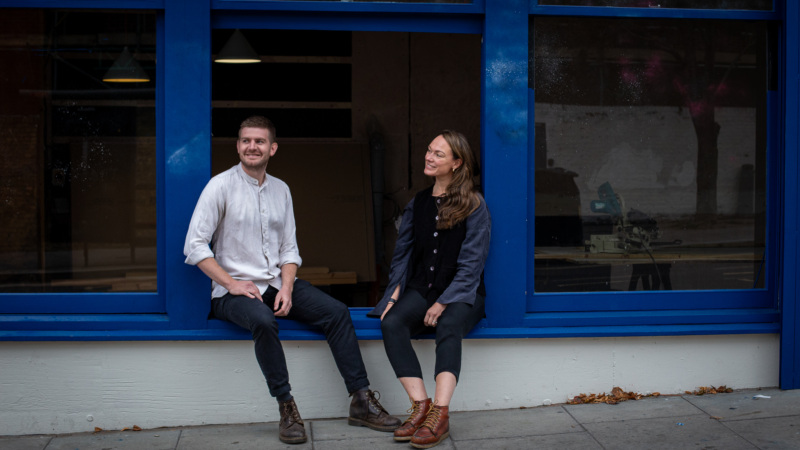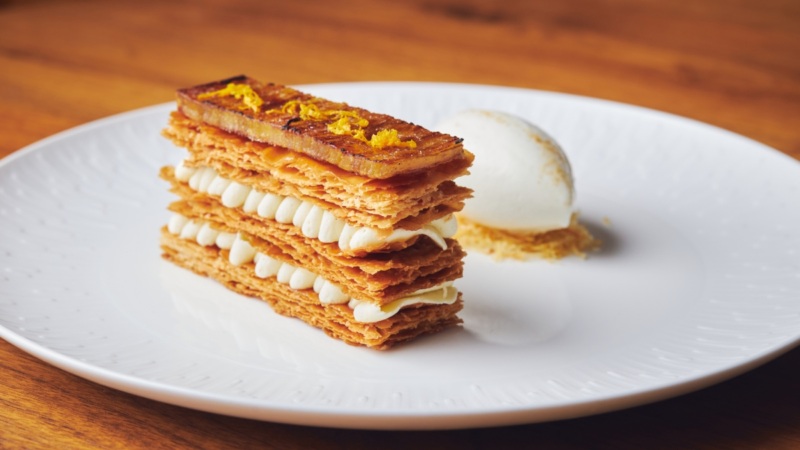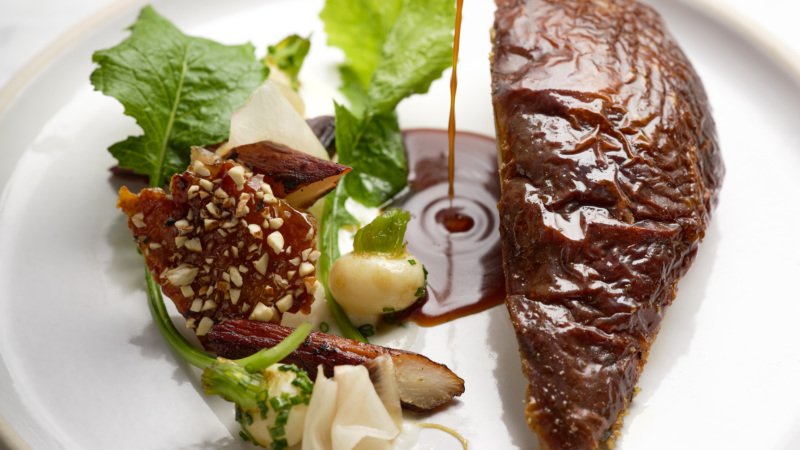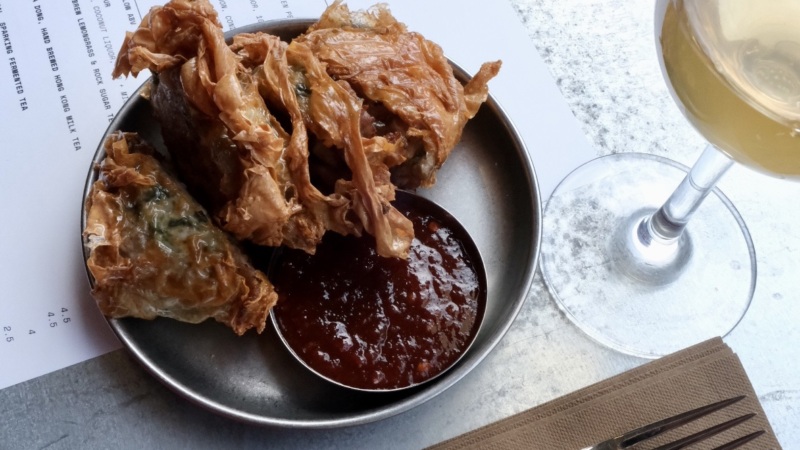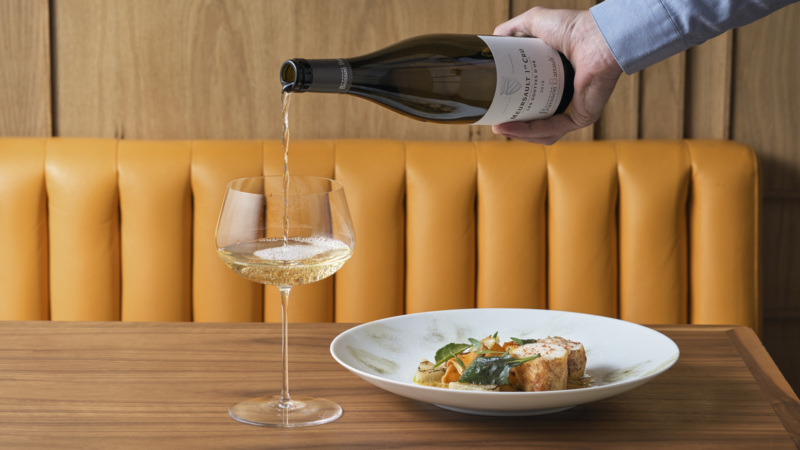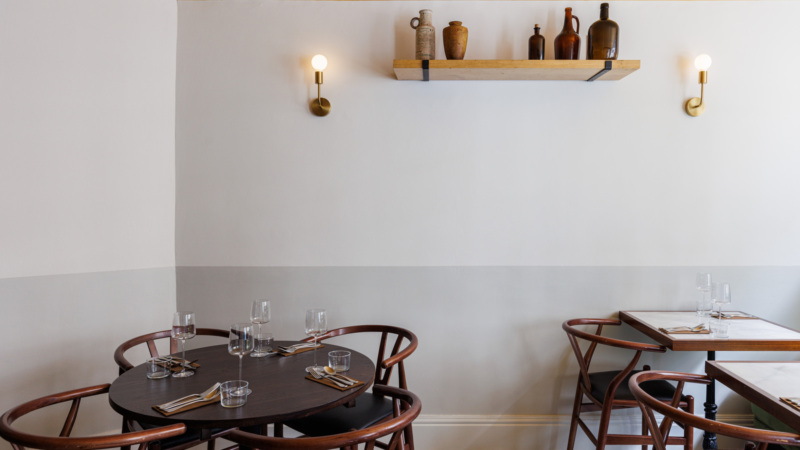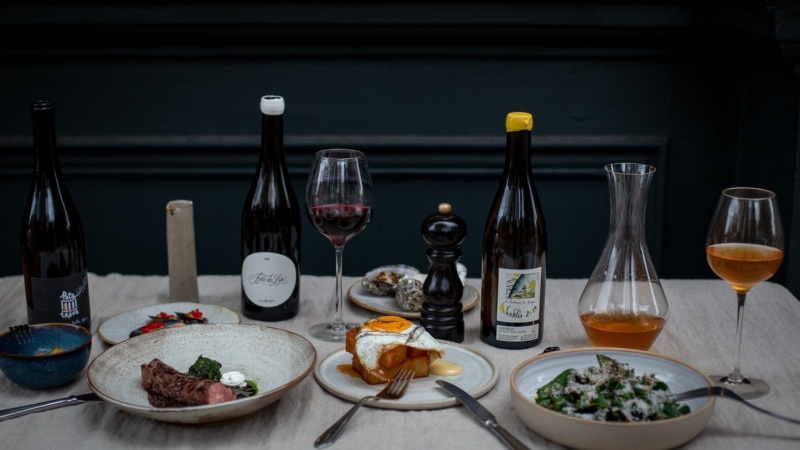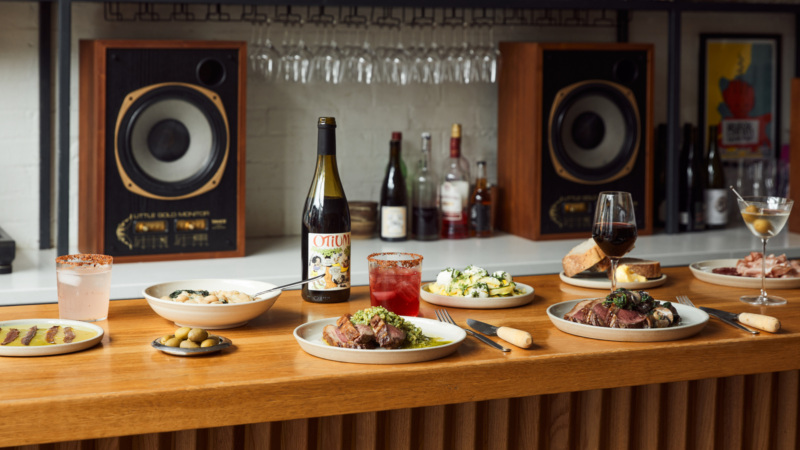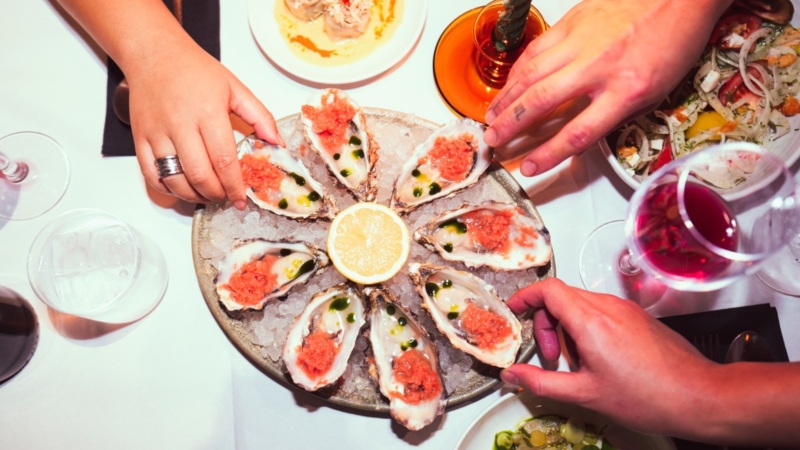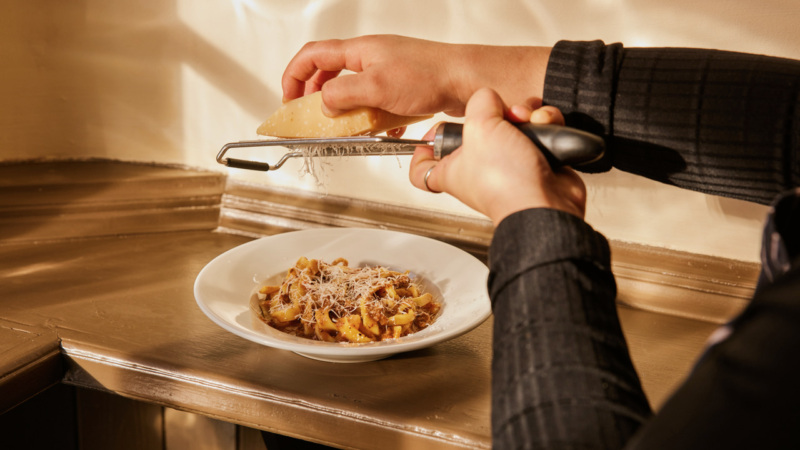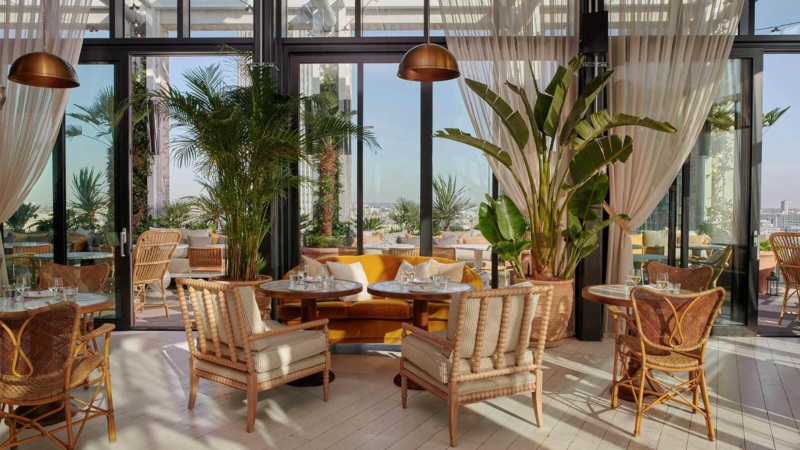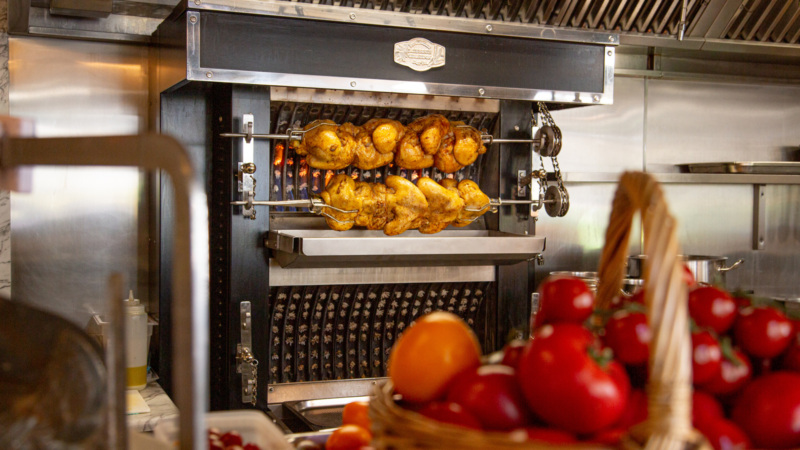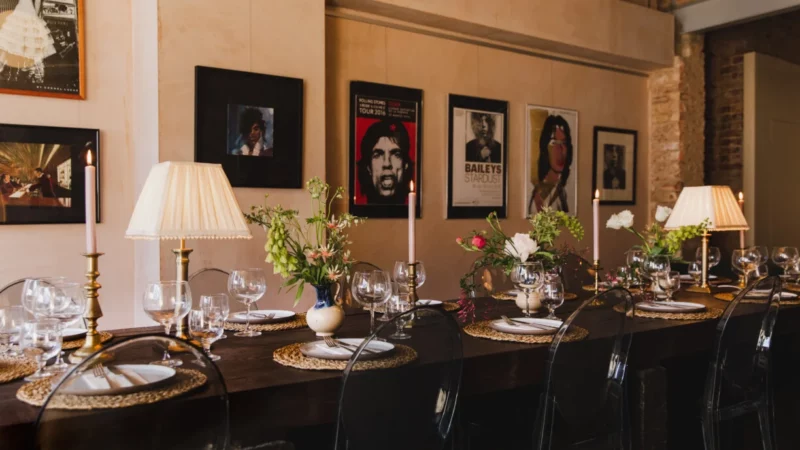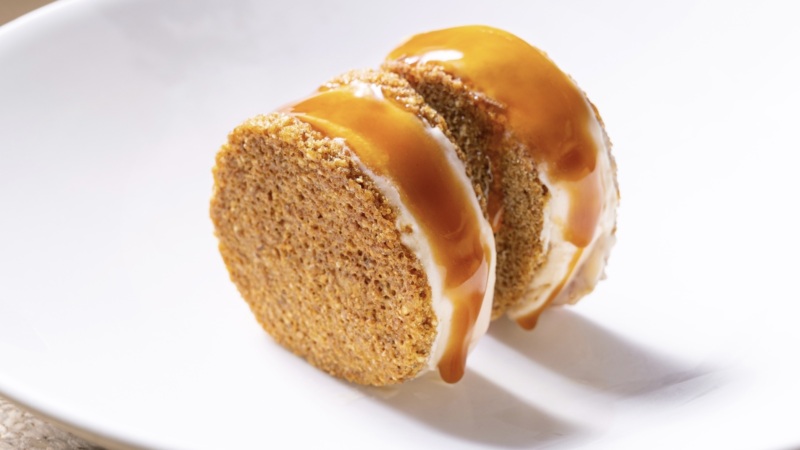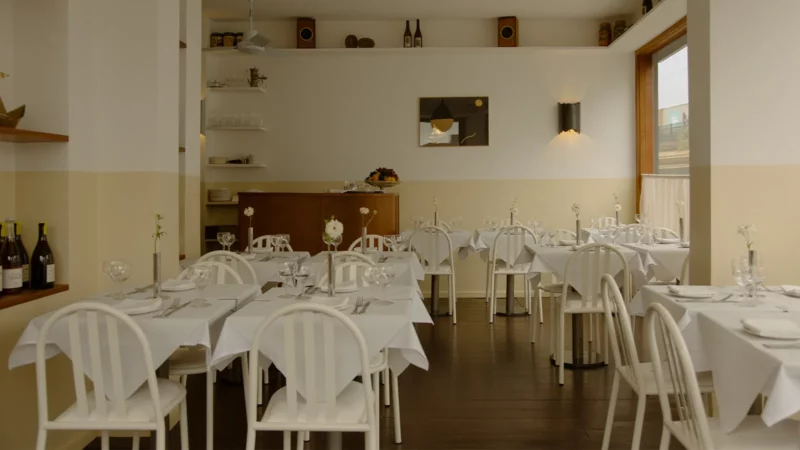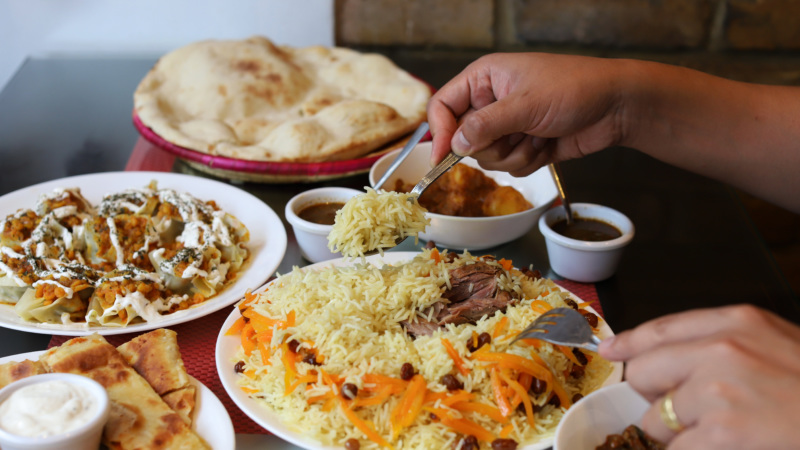
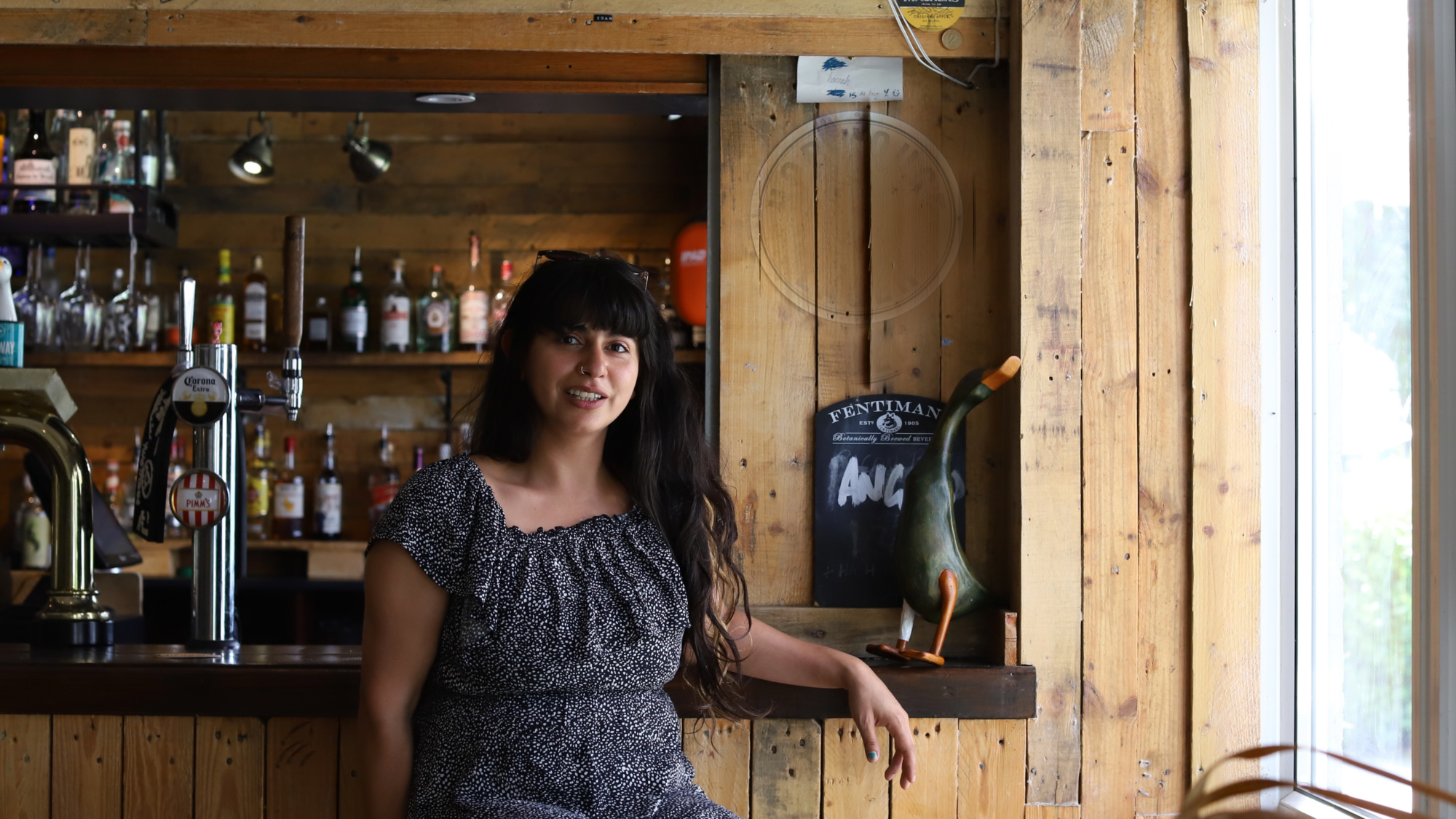
Despite Decades of Flight, London’s Afghan Community Is Not Defined by Its Trauma
Born in Kabul, Afghanistan, and raised in Hackney in London, Mursal Saiq is the co-founder and director of Cue Point, a British-Afghan BBQ restaurant in London. Her words follow.
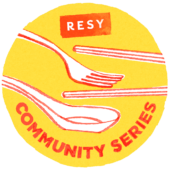 The feeling that overtook me in response to the recent events in Afghanistan was inevitability.
The feeling that overtook me in response to the recent events in Afghanistan was inevitability.
I was born as the Taliban came in. My father was a Soviet fighter and was conscripted when the Soviets had invaded. When the Taliban came for the national army and went door-to-door in August, that trauma of our flight to London ran back to me all at once. Leave the passports, leave the pictures, leave everything, just get out.
It’s been almost 30 years since we fled. Watching the events this past August was exactly as I’d imagined it would have been when I was a kid, but I was so young that I have no memories of it. So the trauma of then, came now. It took a lot to hold strong and to remind myself that my family has been through a Taliban regime before – we’ve survived it once, and we’ll survive again.
Now, for our families back in Afghanistan, it’s a matter of survival. The whole idea of luxury and doing what you want dissipates. In Kabul, my family will have to get the burqas back out; they’ll have to get rid of the flag; they won’t go to the market on specific days. In London, as part of the global Afghan diaspora, we’re all doing what we need to do for our communities. And for me, that means building community through shared commonalities – and especially through our food.
The community here throughout London — in North London, Edgware, and Burnt Oak, and now parts of East London — has worked to highlight these commonalities to make people appreciate Afghan cuisine and Afghan music because so many of these things will be directly banned at home in Afghanistan. It’s up to us to keep it alive now, and I hope it’s something that gives comfort to the next generation of refugees who find themselves here, as it has for me.
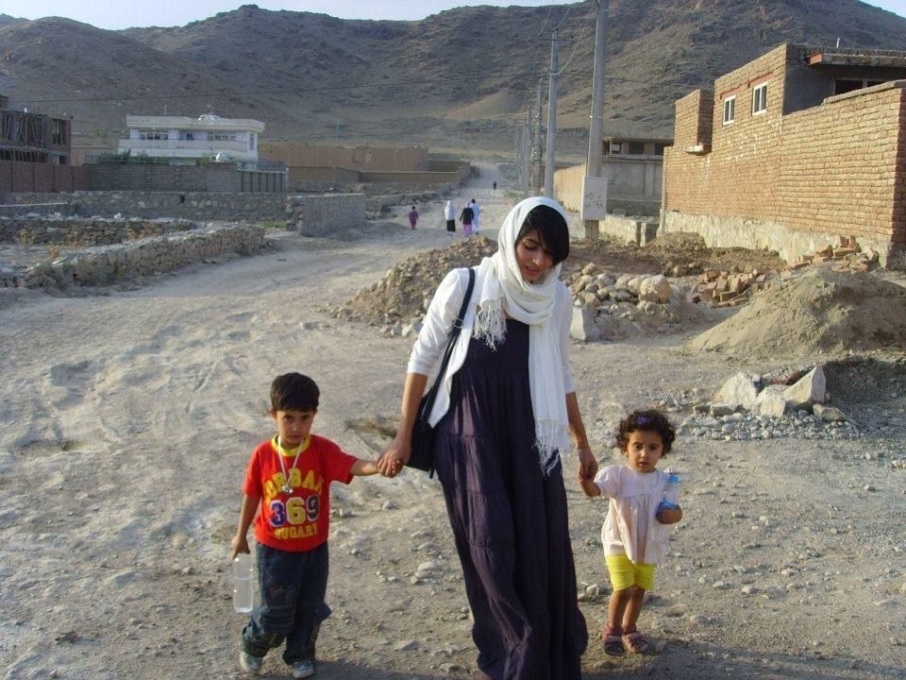
The first time my family and I went out to eat in London was mindboggling. It happened when we reached a point where we weren’t in poverty anymore, and the lights were staying on. It was my cousin’s birthday — the first time I visited any restaurant, in fact — and I was in shock to see and hear other people speaking my language, because the only other place that I had heard that was in Afghanistan.
I felt at home. Going into an Afghan restaurant for the first time gave me that feeling for a moment, with people speaking our language, eating our food. Hearing someone say, “Pass the sabzi!” was comforting. Having Afghan food and having waiters who were Afghan was huge. And being able to speak to them in Dari and sharing this whole experience with family felt incredible.
“Affirmation is crucial when the world has denied you your identity. For those who can’t go home, having these spaces has become a duty. You cannot go home, so you must create home here.”
For me, that affirmation is crucial when the world has denied you your identity. And for those of us who can’t really go home, having these spaces or gathering places isn’t just a place to talk about issues that affect the community. It’s become a duty. You cannot go home, so you must create home here.
From my parents’ generation to the current crop of millennial Afghans, the community has come a long way. But London is only just getting there with Afghan food, and we’re at the forefront of the beginning of where people are just realising that there are restaurants here, that there are people here.
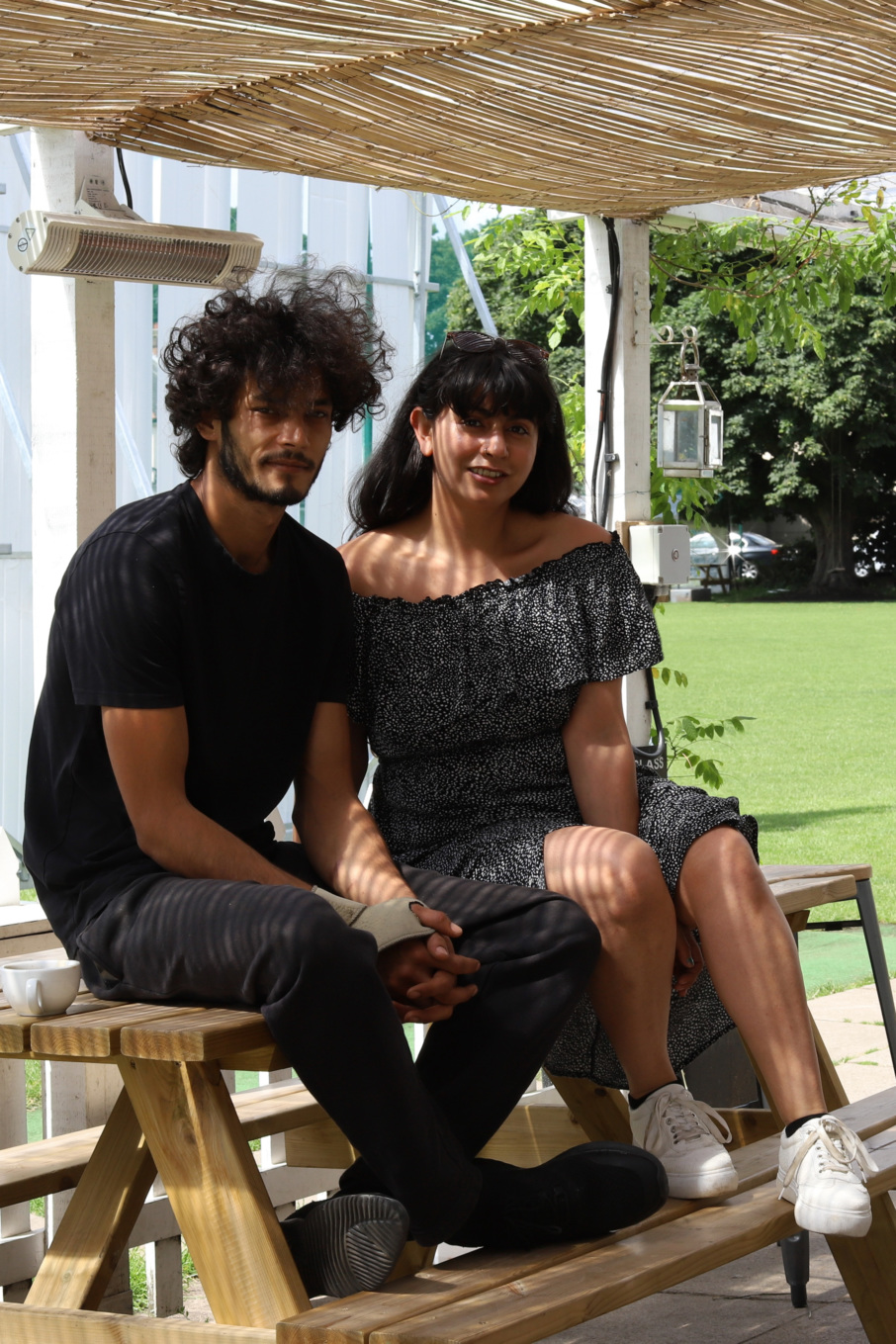
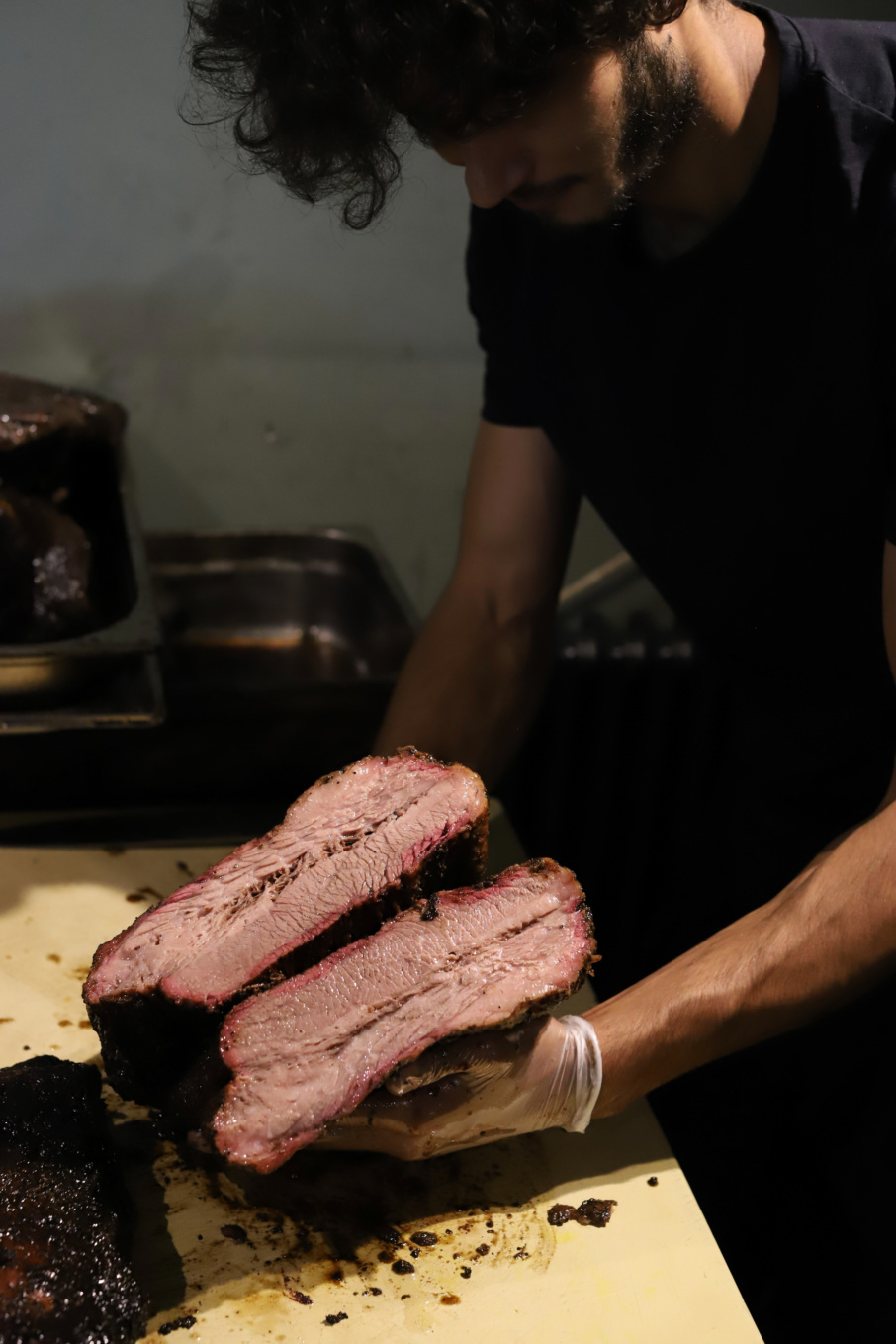
▪️
To me, Afghan food means comfort. It means flavour. And the ability to recreate iconic dishes like Kabuli pulao or mantu is the closest thing to being home with family.
The country is made up of more than 120 different dialects and countless tribes, which is why the country is so provincial and has been historically difficult to control. But now, that’s been ripped apart — symbolically and politically. For people left in the country, and for those of us in the diaspora, there’s this added sense of urgency to retain these identities, and to keep our culture alive.
For example, there’s a rice that only the Hazara tribes make. There are shared commonalities in dishes like dumplings and bulanis — pastries filled with pumpkin, spinach, or potato — but there are hundreds of tribes and countless dialects, each with their own ways of preparing these dishes. If you have quite a strong Afghan palate, you can tell which tribe someone’s from just by tasting their cooking.
And it’s something even more tender for the first generation, like my parents. Imagine you don’t have anything else — you have no home to entertain in, you left all of the photo albums and passports. You have nothing. So, the main thing you have to identify yourself in this strange land is the way that you prepare a borani banjan. It’s how you show yourself to the world. It’s how you keep going.
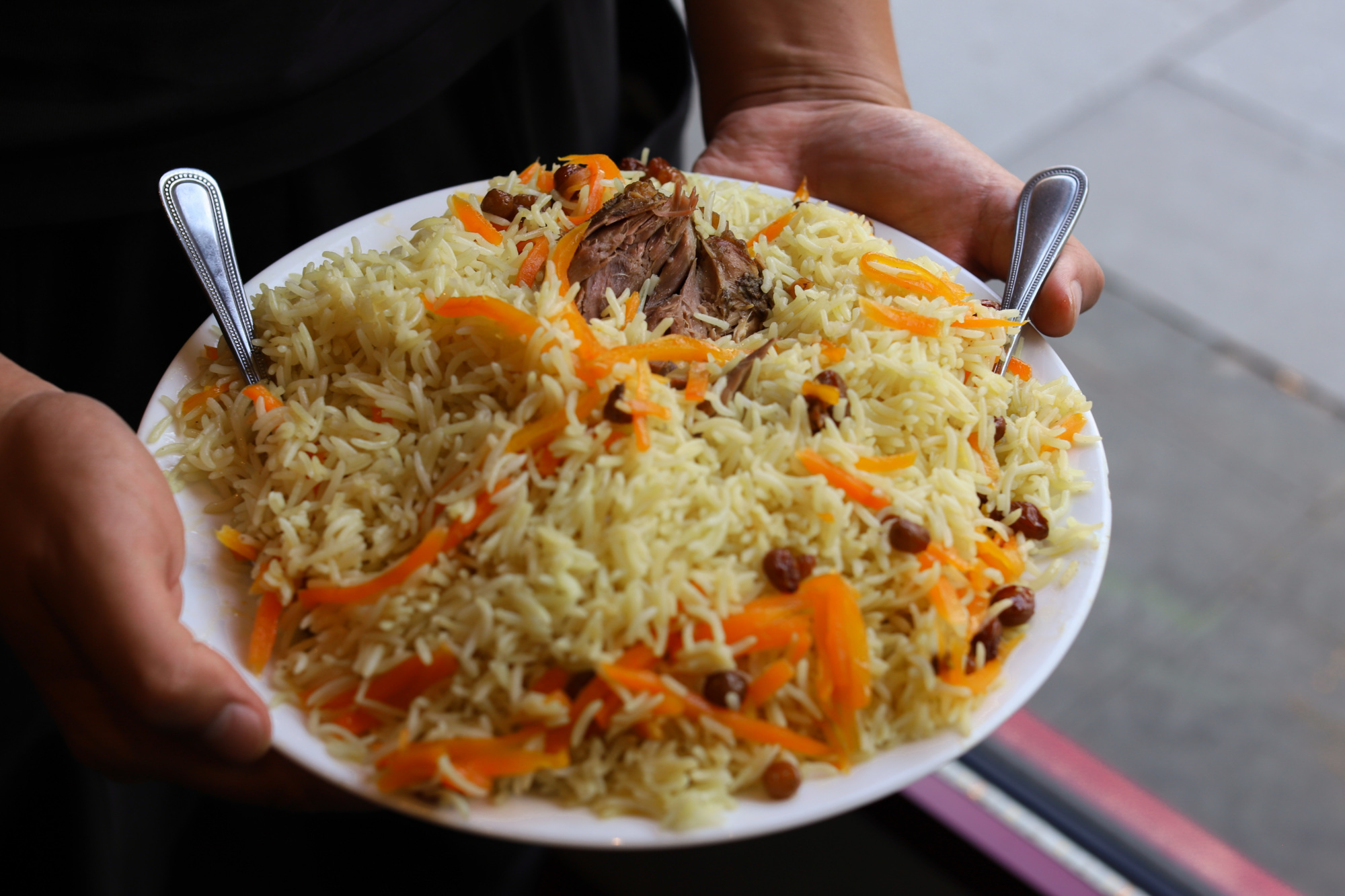
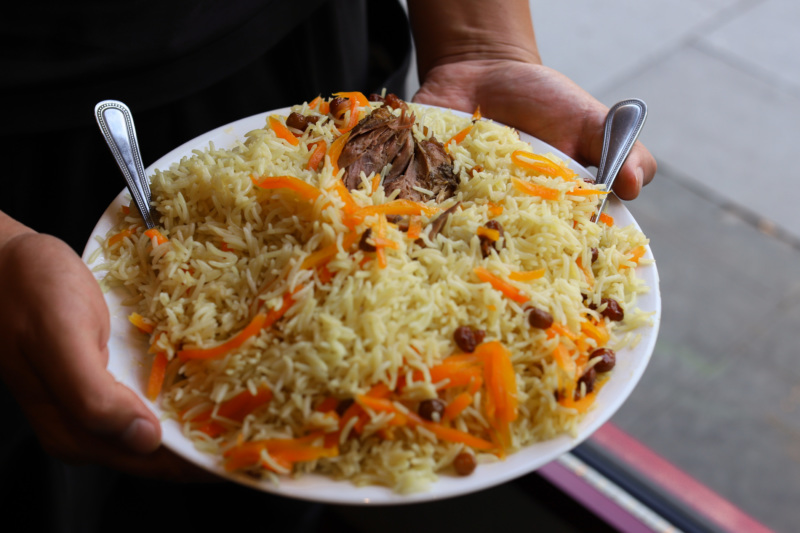
▪️
For Afghans displaced around the world, like myself, I often think the wider world forgets that we have very little to cling onto in terms of our cultures and identities. And when you’re first-generation like me, but grew up in the U.K., you’ve got dual identities to reconcile — something I never really did until I came into my 30s.
When I visited Afghanistan after the Taliban left post-9/11, my cousins and family would refer to me as the English girl. Meanwhile, back in London, I was the Afghan girl.
“I want Cue Point’s legacy to be that of a place that’s welcoming for a community of people that have been othered or never felt like they had a seat at the table.”
But as the diaspora grows and millennial Afghans become more affluent, there’s a greater sense of pride, and young Afghans increasingly want the food of their home. While so many of Afghans opened Iranian restaurants when they first came to the U.K. because there are a lot of shared commonalities between Afghans and Iranians, my generation wants to emphasise our own unique identity.
When I told my parents that I wanted to sell British-Afghan food they said, “Why do you put [British-Afghan] in the name? Do you want to ruin your business?”
I replied, “No, but I want to give an identity to our people. I want to do British-Afghan food. I know you don’t get it, but I’ve taken your recipes and I’ve bastardised them.”
“Mursal,” she would say, “learn these recipes.”
“I get that mummy, but you need to understand that what I’m trying to do is to bring in my identity.” My identity isn’t just Afghan.
And while the Afghan community has been part of London’s culinary fabric for years, only recently have we started expressing these dual identities. Two recent street food businesses, Watani Box and Two Lads Street Kitchen, started a few years after our restaurant, Cue Point, and they are very British but also very Afghan. The former is an amazing brother-and-sister duo that offer every part of Afghan cuisine in each meal — some Kabuli pulao, a bit of chapli kabab. Just a taste of Afghanistan.
Ultimately, people want to feel good about themselves, especially when their lives have been taken away, and the thing that is removed from a humanitarian crisis is the loss of dignity, of pride; every person deserves their humanity. And seeing my family work to build something from nothing, and seeing fellow young British Afghans pop off in different spaces, means that our diaspora is growing but is also a reminder that we are not our trauma and we are definitely not defined by it.
Now, the community is gaining the courage to talk about issues going on in Afghanistan, and we’re leading and speaking out and connecting with each other. For me, as I’ve got older and embraced my dual identity, it’s been easier to be authentic — and it’s the easiest way to be successful.
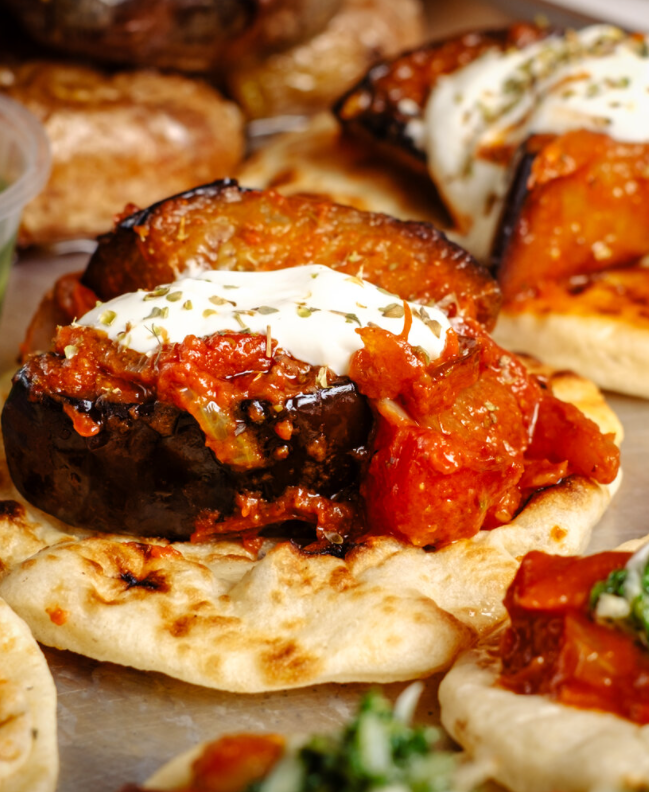
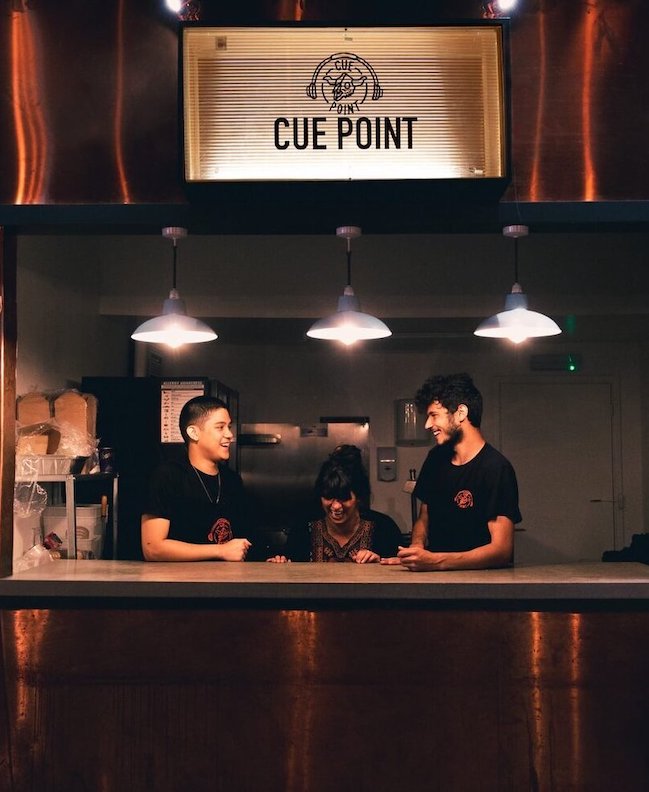
▪️
I started Cue Point first as a food company in 2017, and it’s become much more than that now. I started it because I wanted to do more to help others.
I had previously worked on the BBC documentary Exodus, about refugee families, for years before it became so traumatising that I couldn’t continue. Couldn’t we provide the families with some extra things, I thought. Could we not fundraise? Could I not speak to an uncle and say, “Don’t leave your child on their own; they’re not even a year old yet — something’s going to happen”? But they wanted the story — we weren’t there to interfere.
That whole experience of working with refugees for so long and realising that they didn’t actually have any power made me despair. Business was the only alternative, and the only avenue in which I had the ability to control what I wanted to control and how I wanted to control it.
I want Cue Point’s legacy to be that of a place that’s welcoming for a community of people that have been othered or never felt like they had a seat at the table. I want us to be welcoming for the people that have never felt that they were important enough that you would base your menus or your recipes on their contributions — you would only employ them.
The people we have now are also our community. No one should feel ostracised for being a person with a fluid concept of Islam. No one should feel ostracised to be an Afghan strong and ardently, but to also be very British — and that didn’t used to be OK. But as the world becomes more mixed and dual identities become more prominent, spaces need to be created for all of us.
As refugees and immigrants, our trauma has given us symptoms of constantly being in flight. It’s why so many of us don’t have the self-confidence, entitlement, and privilege that others may have just by existing. But through business, I realised that I could open things up to a lot of people and that we could begin to make a systemic change by growing the wealth within our communities — and that wealth would ripple out.
Eventually, my hope is that it ripples into more industries. Just by making a menu halal and vegan-friendly, you’ve opened yourself up to two diverse communities. You’ve already made a change. And hopefully, you’ve made someone feel at home, too.
Mursal Saiq is a London-based entrepreneur and the co-founder and director of Cue Point. You can follow her on Instagram. Follow Cue Point, too.
Find Saiq’s personal recommendations on where to eat Afghan food in London here.
If you’ve got a community story you’d like to share with us, about incredible people making a difference in their communities, drop us a line.

